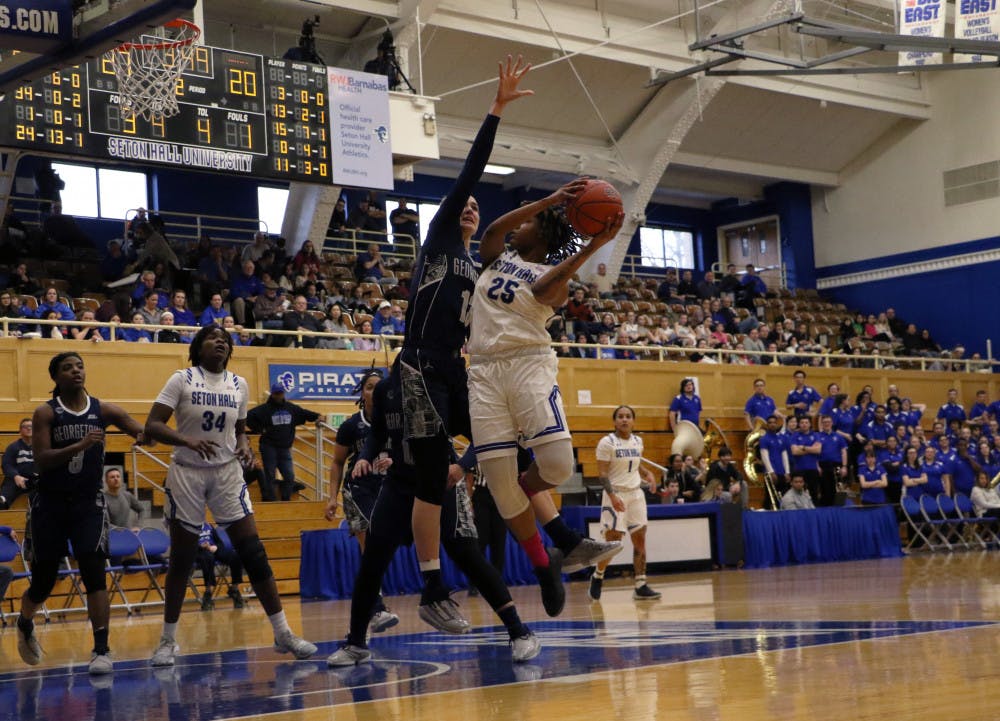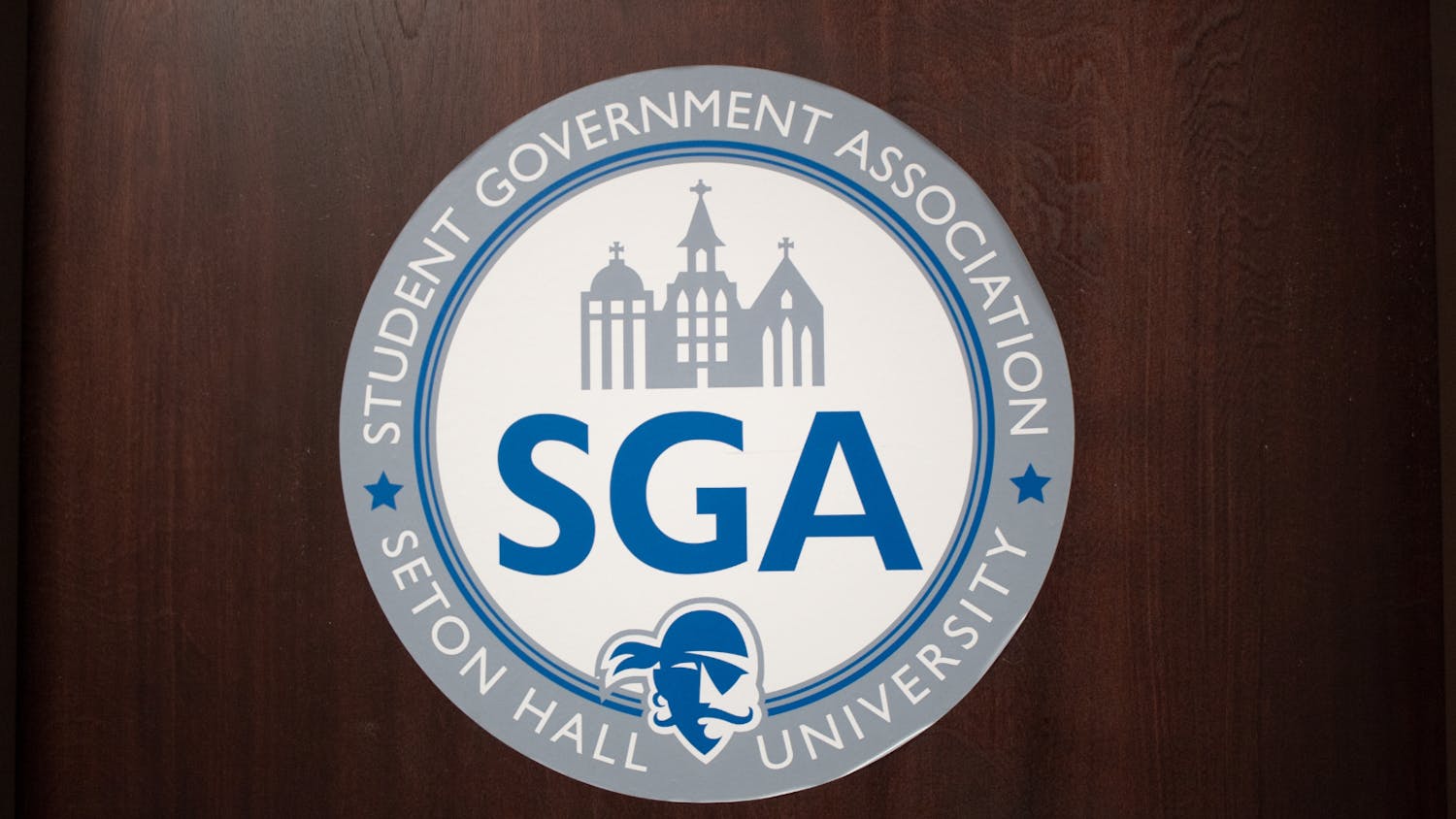Liquor law violations are the most frequently reported crimes on campus and most of those oc- cur in the residence halls--even in the rooms of those of legal drink- ing age. In 2013, there were 212 liquor law referrals on campus document- ed in the 2013 Campus Safety Re- port. “Alcohol and drug use and abuse is a huge problem at colleges and universities across the country,” Patrick Linfante, assistant vice president and director for Public Safety and Security, said. “Students should be aware that they can be held responsible and face serious consequences.” Jess Proano, assistant director for the First Year Experience in Hous- ing and Residence Life, explains what typically happens when an al- cohol policy violation is discovered inside a residence hall. “The alco- hol is confiscated, disposed of and an incident report is submitted,” Proano said. This is not just for underage students but also students who are 21 and over who did not properly
check-in what is identified as “per- sonal consumption” containers at the front desk. Winston Roberts, assistant dean of students, explained the Univer- sity’s alcohol policies. “The Univer- sity takes the stand on educating first through interaction with our caseworkers,” he said. “Any sanc- tions that are given to students who may violate University community standards are expected to help the student make better decisions in the future.” There also were 50 drug law re- ferrals for incidents occurring on campus, according to the most re- cent Campus Safety Report. The Department of Public Safety and Security gets involved in res- idence hall violations in instances of drug use and provided medical assistance when needed, according to Linfante. Public Safety works closely with SOPD to address student conduct. According to Linfante, “the police have little choice when students are caught with drugs or alcohol off-campus and by law must make an arrest or summons.” However, he continued, “Generally, police do not charge students with pub- lic intoxication but would rather
charge them as a disorderly person based on their conduct.” Off-campus students do not get a free pass just because they are outside the University fence. “Students who are caught off-campus for alcohol related vio- lations can face charges in munici- pal court in addition to disciplinary charges here at the University,” Linfante said. Roberts said the reason behind this kind of disciplinary action is to remind students that they are representatives of Seton Hall Uni- versity whether they are on campus or in town, and thus are expected to act responsibly and respectfully at all times. In terms of acquiring alcohol, Linfante explained that using a fake driver’s license could poten- tially be a third degree criminal offence, punishable by up to five years in state prison. Even simply possessing the fake license can re- sult in consequences ranging from six months in jail to 18 months in state prison. Above all, Proano said, the great- est concern is student safety. “The HRL department encourages stu- dents to act responsibly and to be safe,” Proano said. “Ultimately, we
want our students to be safe and make good choices.” The “Good Samaritan” poli- cy can help keep students safe by easing the fear of consequences by underage drinkers in a serious sit- uation. Students who seek medical as- sistance for themselves or for an individual who is intoxicated or experiencing an alcohol-related emergency will not be subject to University disciplinary action relat- ed to the alcohol policy, according to the Seton Hall Website. However, all students involved will still have to meet with the
Office of the Dean of Students to review the matter. While no formal disciplinary sanction, like proba- tion, will be applied, an appropri- ate educational response, such as a requirement to attend an alcohol awareness class, may be imposed. “I truly want students to be safe and to take care of each other,” Proano said. “It’s important that students know warning signs of unsafe behavior and situations and take care of each other by getting help, calling 911, Public Safety or a resident assistant.” Emily Balan can be reached at em- ily.balan@student.shu.edu.

Comments




